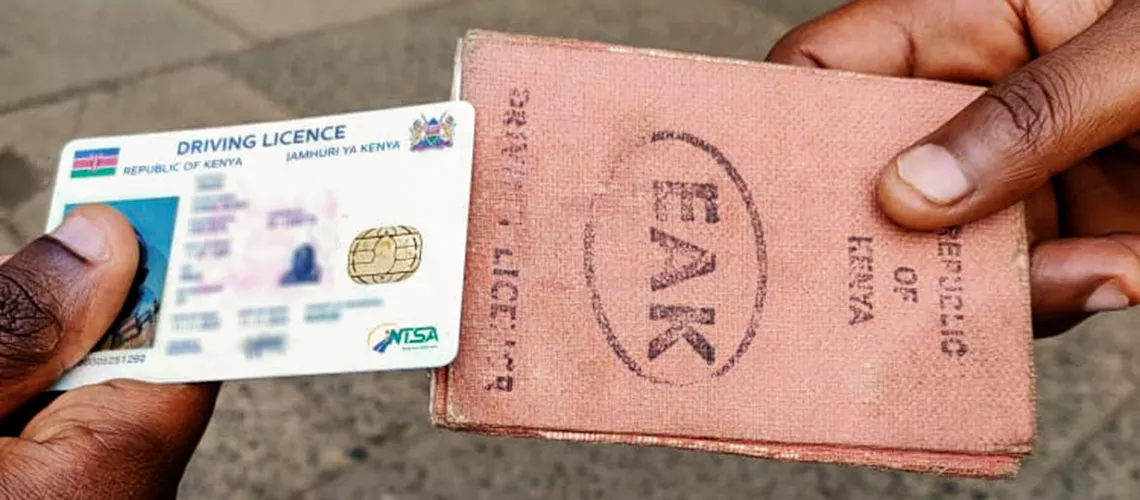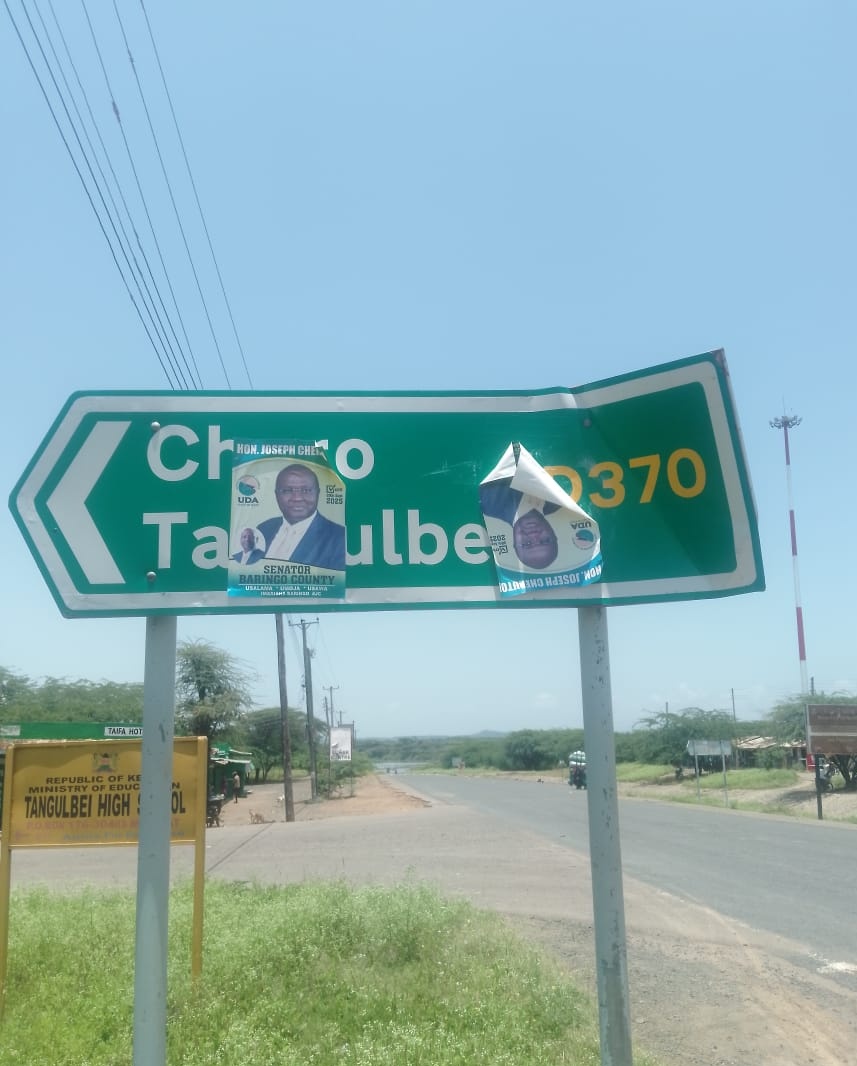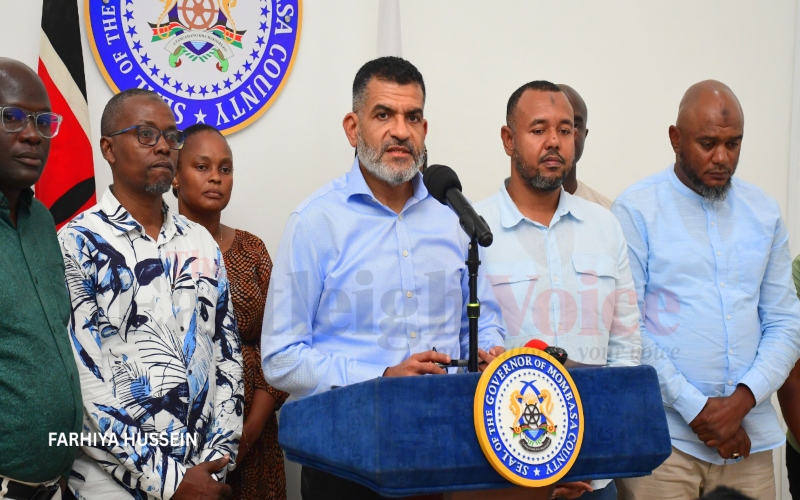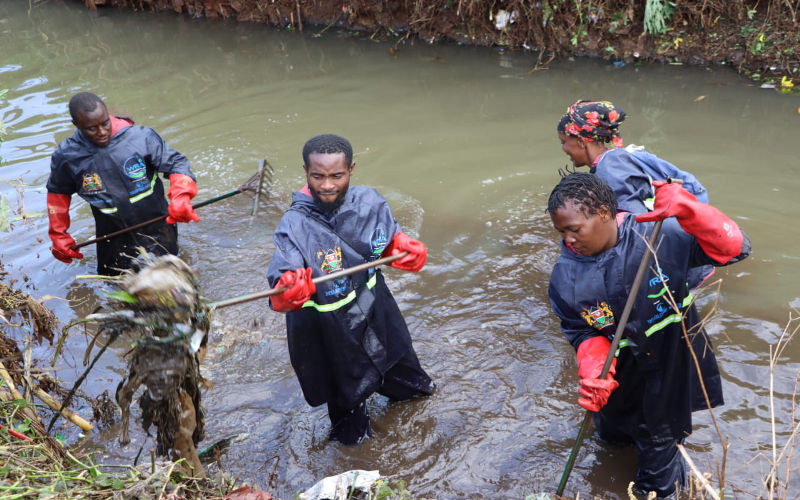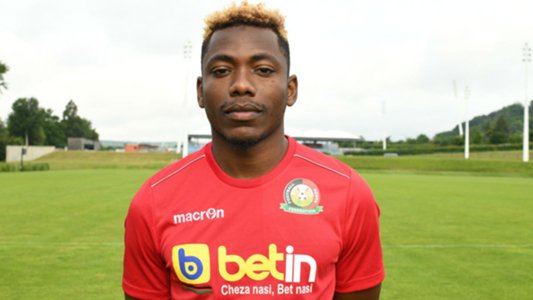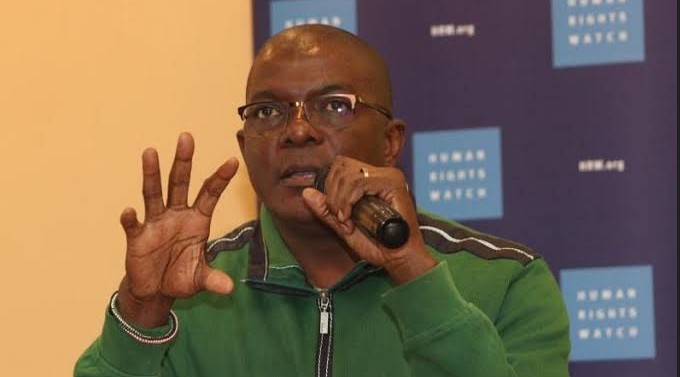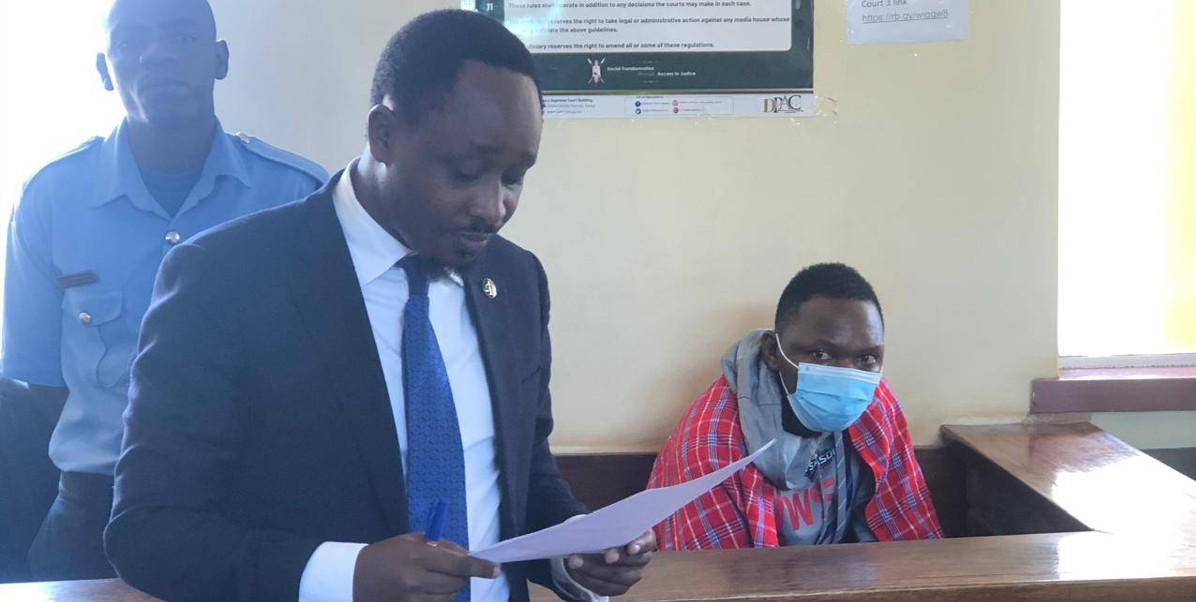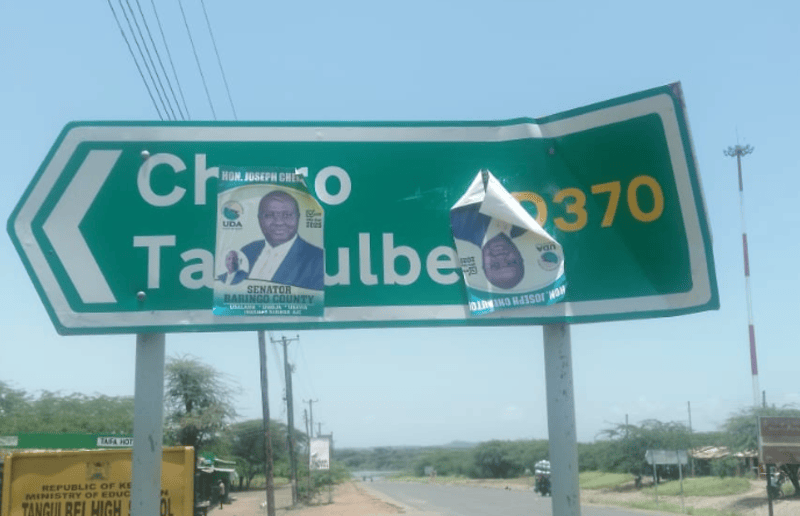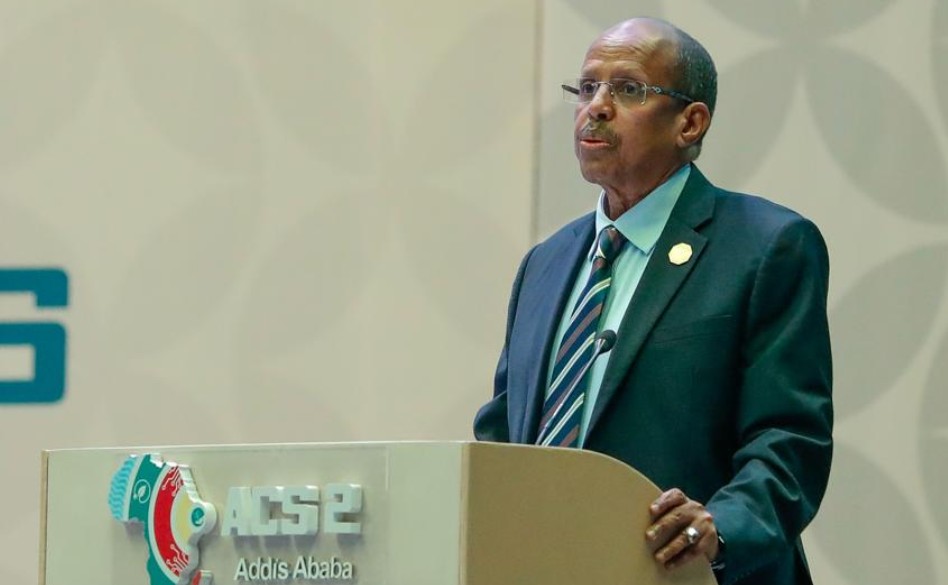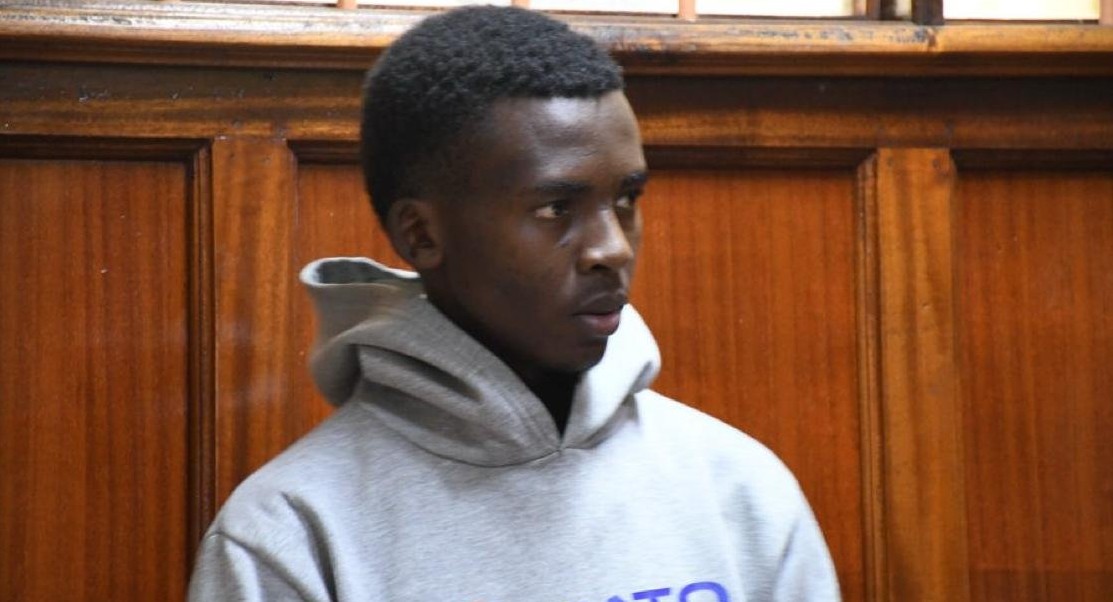Remembering Jaramogi Oginga : The doyen of Kenya's politics
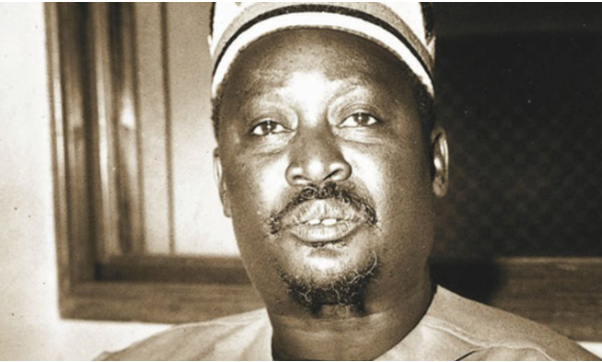
He entered the political arena in 1946 with his two friends, Fanuel Odede and Richard Arina.
On January 20, 1994, the country was engulfed in mourning. The death of Jaramogi Oginga Odinga in Kisumu came as a shock to many, as he had lined up a series of political activities as the leader of Ford Kenya. He was 83.
In his honour, and to commemorate the 30th anniversary, his family, led by ODM leader Raila Odinga, has lined up a series of activities, including public lectures and cultural fetes in Kisumu at his rural home at Kango ka Jaramogi.
More To Read
- Nairobi women caucus fault Ruto, Raila for scuttling Sakaja's impeachment
- Legal experts warn top politicians against saving governors from impeachment
- Inside Raila Odinga’s bid to save Governor Johnson Sakaja from impeachment
- Raila summons ODM MCAs as Governor Johnson Sakaja faces impeachment threat
- Challenging the status quo: Githunguri MP Gathoni Wamuchomba tells it all
- Raila pushes for expanded devolution, says counties should run schools and local infrastructure
Those lined up to speak at the Ofafa Memorial Hall include Prof David Throup, co-author of Multi-Party Politics in Kenya, retired Catholic archbishop Zacchaeus Okoth, Kisumu Governor Anyang' Nyong’o, Mau Mau freedom fighter Gitu Kahengeri, former councillor and women rights campaigner Jael Mbogo, former UNCTAD secretary-general Mukhisa Kituyi and Siaya Governor James Orengo. Journalist John Kamau, a PhD student at the University of Toronto and former Ugandan Foreign Affairs Minister Dr Olara Otunnu will also speak at the event.
Orengo, quoted by a section of the media, said he was at the bedside of Jaramogi as he breathed his last.
"We had scheduled a meeting the day he died. I went to take a flight to Kisumu for the meeting. I got information that he had been whisked to the hospital. The importance of the moment for me was that I was there for a man I believed in and a man I worked for," he said.
Thirty years ago, the Siaya Governor said his heart was buried with the doyen of opposition politics.
“I come here to bury Odinga, not to praise him. I can say that my heart is in the coffin there with Odinga and I pause until it comes back to me. In that coffin lies a great man," Orengo said then.
Today, he remembers him as a man who taught him the art of defiance for a cause and one who spoke truth to power regardless of the consequences.
As the Jaramogi family commemorates the 30th anniversary of the passing of their patriarch, the significance of this event reverberates beyond the confines of familial remembrance. The celebration marks a poignant moment in Kenyan history, paying tribute to a man whose influence extended far beyond his tenure as the country's first Vice President.
Life and times of Jaramogi
Born 1911 in Bondo, Nyanza Province, Jaramogi became one of the leading leaders of African political organisations that played a pivotal role in securing Kenya's freedom from colonial rule and shaping the country's multiparty politics.
Jaramogi's journey began with a father's dream and limited resources, which led him to be the sole beneficiary of education in his family.
Armed with a diploma in education from Makerere University College in 1939, Jaramogi's early career saw him teaching mathematics and later managing the Maseno Veterinary School.
His foray into the business world with the founding of the Luo Thrift and Trading Corporation marked the beginning of a multifaceted career.
Entry into politics
Entering the political arena in 1946, Jaramogi, along with his two friends, Fanuel Odede and Richard Arina, formed the Luo Union and registered it as a welfare group. He used it as a platform to get into national politics, and his influence is felt to date.
A devoted follower of Jomo Kenyatta, Jaramogi ardently supported the Kenya African Union, the nation's primary African political group. Even during Kenyatta's incarceration by the British in 1953, Jaramogi emerged as a vocal resistance leader, advocating for his release.
The turning point came with the Lancaster House Conference of 1960, a critical event in Kenya's journey to independence. While the conference marked a step forward, internal rivalries among African politicians surfaced upon their return.
Jaramogi, a leader of the dissatisfied faction, co-founded the Kenya African National Union (KANU) in May 1960.
As Kenya gained independence in 1963, Jaramogi was appointed Minister for Home Affairs and later became vice president. However, his opposition to KANU's policies and his critique of the government's alignment with the West led to a fracture within the party.
In 1966, Jaramogi's resignation paved the way for forming the Kenya People's Union (KPU), marking the beginning of a relentless battle against the government.
Despite facing imprisonment and banning the KPU, Jaramogi remained a tireless opposition leader throughout the 1970s. His resilience continued into the 1980s, marked by his vocal criticism of KANU and advocacy for democracy.
Jaramogi's later years were fraught with political twists, including brief reconciliations with KANU and the formation of the National Democratic Party in 1991.
However, it was his role in founding the Forum for the Restoration of Democracy (FORD) that became a nucleus for the pro-democracy movement.
The splintering of FORD 1992 and Jaramogi's admission of accepting a campaign contribution from a controversial bank marked challenges in his later political career.
But in January 1994, Odinga died, leaving behind a legacy of unwavering opposition and dedication to Kenya's pursuit of democracy.
The 30th anniversary of Jaramogi's passing serves as a poignant moment to reflect on the enduring impact of his legacy. The commemorative events planned, including a memorial service and lectures by those who closely worked with him, provide an opportunity for Kenyans to delve into the nuances of his contributions.
It is crucial to recognise Jaramogi not just as a political figure but as a symbol of resilience and commitment to democratic ideals. His legacy continues to influence contemporary political discourse, inspiring a new generation of leaders to champion principles of justice, inclusivity, and political plurality.
Top Stories Today
